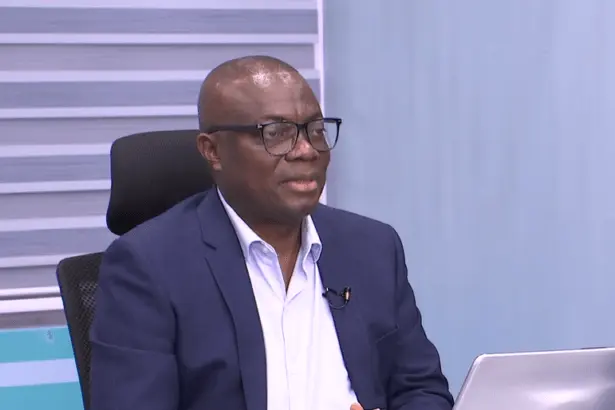By Ghana News
Copyright ghananewss

Mussa Dankwah, Executive Director of Global InfoAnalytics, has defended his organization’s polling methodology and frequency, arguing that their work shifts political discourse away from speculation toward empirical evidence, even as critics question the timing and impact of some recent surveys.
Speaking on Channel One TV, Dankwah outlined the structure of his organization’s polling activities, explaining that national tracking polls occur quarterly while more targeted surveys are conducted based on political calendar demands.
“We do quarterly national tracking polls every three months,” he explained. “But in the case of the MPP, because their primary is just near, we are doing monthly delegate polls.”
The clarification comes amid heightened scrutiny of Global InfoAnalytics’ activities, particularly following recent surveys on potential National Democratic Congress (NDC) presidential candidates that have drawn calls for suspension. Some within the ruling party have expressed concern that early polling on succession could create divisions within government.
Dankwah rejected suggestions that his organization should halt certain surveys, maintaining that independence and objectivity require polling to continue regardless of political sensitivities. “Your voice, when aggregated, becomes the voice of the people,” he stated. “What we are doing is just bringing out what people are thinking and saying about national issues, and for the conversation to be kind of focused on data rather than hearsay.”
The pollster’s defense of his methods addresses longstanding questions about sampling techniques and representativeness. For delegate polls, Dankwah explained, his team draws samples directly from party registers. “We have the register of MPP delegates with telephone numbers, and we place random calls depending on the sample size,” he noted. “It’s proportionally weighted by region to make sure the results reflect the delegate population.”
Global InfoAnalytics has built a reputation for political polling in Ghana, though not without controversy. The organization faced criticism after its polls forecast victory for the New Patriotic Party (NPP) in the Akwatia by-election, where the NDC ultimately won the seat, raising questions about methodology.
However, the firm successfully projected NDC candidate Bernard Baidoo Bediako’s victory in a recent election with 53 percent of votes, which Electoral Commission results later confirmed when Bediako secured 18,199 votes. Dankwah has acknowledged the high stakes involved, stating he was aware critics “were prepared to finish me if I got this wrong.”
In July 2025, Global InfoAnalytics reported that 70% of Ghanaian voters believed the country was headed in the right direction, representing a significant jump from 62% in April 2025. Such findings carry weight in shaping public perception of government performance and can influence political calculations within parties.
Yet the organization’s work hasn’t escaped methodological scrutiny. Critics have raised concerns about fundamental flaws in some surveys, arguing that as the lead pollster, Dankwah bears responsibility for adhering to the highest standards of methodological rigor, transparency, and honesty given his polls’ significant influence over public dialogue and decision-making.
The tension between polling independence and political sensitivity remains evident. While Dankwah insists his work simply reflects what Ghanaians are thinking, the timing and subject matter of certain polls, particularly those examining presidential ambitions within the ruling party, have sparked discomfort among NDC insiders who worry about premature succession debates.
For Dankwah, the solution isn’t less polling but more rigorous methodology. He maintains that early insights into voter sentiments and party dynamics serve both the public and political stakeholders, providing evidence-based understanding rather than relying on rumors and assumptions.
Whether critics accept that rationale depends partly on Global InfoAnalytics’ track record going forward. In an environment where poll results can shape political narratives and influence strategic decisions, the stakes for accuracy and objectivity remain exceptionally high.